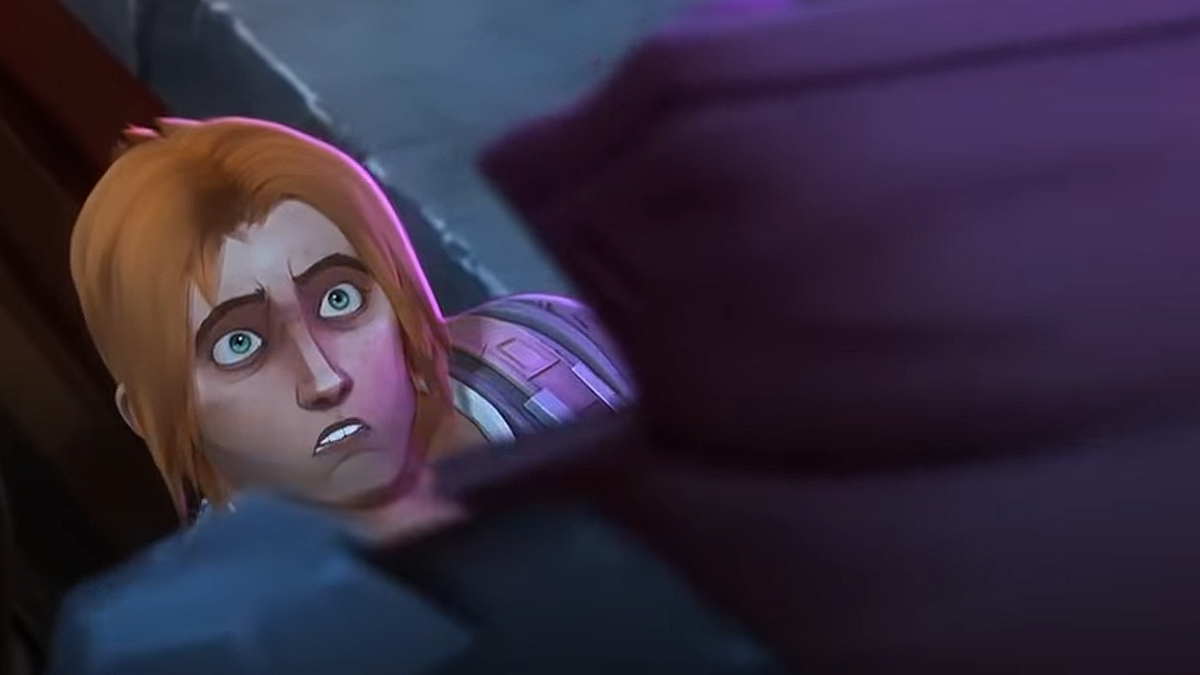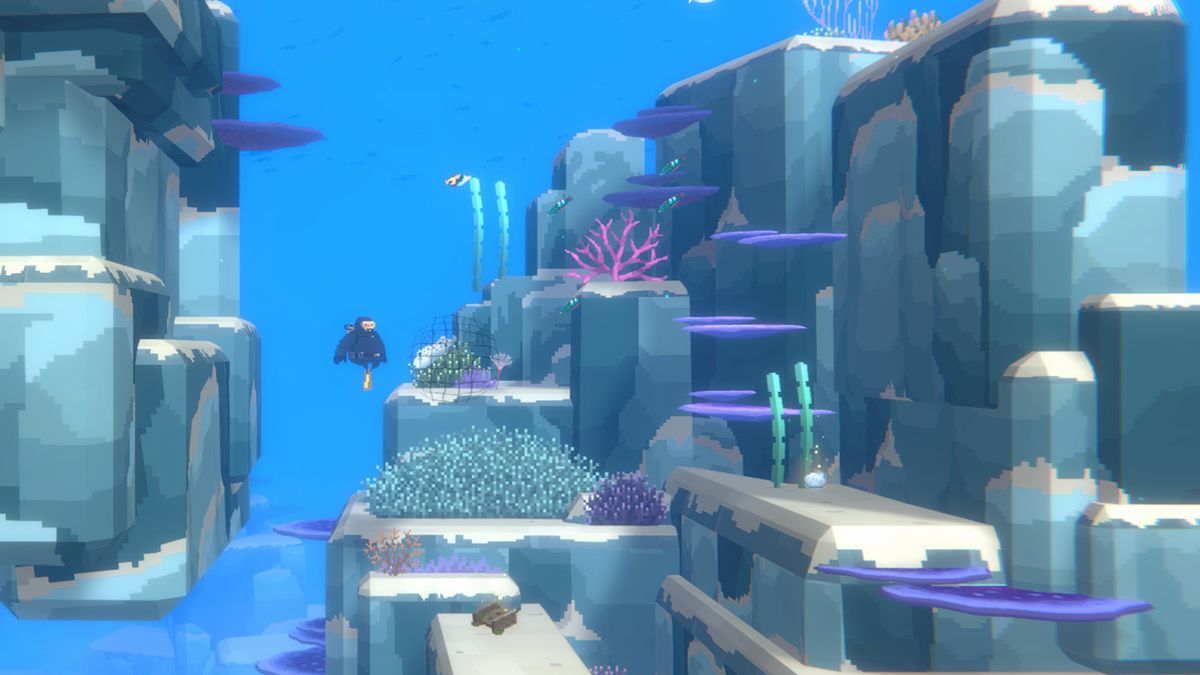Timothy Cain just gave us a porthole view into the development of Wildstar, one of only two games that he quit development on. The video is a 20 minute journey through bizarre office politics, stubborn co-workers, and a meeting where Cain arrived with over four hours of notes to try and set the record straight.
I played Carbine’s action MMO in 2014, and was sorry to see it go in 2018—it had fun combat, a zany Ratchet-and-Clank style setting, and some deep problems with its endgame that sank it just four years after its launch. Cain’s video, however, tells a deeper story of miscommunication, and a fractured vision that started causing difficulties way back in 2008.
“Carbine was one of the best companies I ever worked at,” Cain begins. “I worked with some of the best people in their fields. Brilliant programmers, brilliant artists, brilliant designers […] I was working with super talented people, we were working on an original IP, and the pay was phenomenally good.”
The troubles began with an unexpected role change from programming to design in 2008. “We had a really fantastic MMO engine, but, it had been three years, there was still no setting, no story, no classes. The head office was really upset.” They sent out a new studio head who approved of the engine and art direction, then promptly fired almost the entire design team, including the design director at the time.
No one picked up the empty role, and Cain says he was asked to step up: “Design Directors don’t just float around looking for job positions, no-one had heard of Carbine, and [while] NCsoft was popular in Korea, I don’t think they’d put out any of their stuff [in the US] yet. […] After about two months the studio head asked me if I would do it, and he prefaced it by telling me that the studio would be shut down if I said no.”
“Then when I accepted [the role], the studio head said ‘you have 90 days to create a setting and classes’,” which he and his team pulled off. What Cain later describes as a three-way tug of war began, however, when a new art director—who he chooses not to name—came to the company. They allegedly stonewalled Cain, while giving other artists the wrong impression about his attitude. “He did not seem to like me.”
Cain outlines a discussion he had with a younger artist, who showed him the concept for the double-jump, a mechanic he loved: “I said ‘let’s add this to the explorer path.’ He was shocked, and he said ‘I was told you never took artist ideas’,” to which Cain replied that the spellslinger, one of Wildstar’s classes, started as the lead concept artist’s invention. “I said ‘Why are you saying these things, then?’ and he [said] ‘I heard someone above me say it’.”
According to Cain, things weren’t much better with the game’s studio head after his initial whirlwind entrance in 2008. “He would say I was in charge, but if I did something he didn’t like, he would run a competing strike team with my own designers […] my strike team won the ‘popular vote’,” he remarks, adding that while he doesn’t like games run by committee, “he still said he was gonna do things the way his strike team did.”
Cain says he kept a detailed digital record during his time at Carbine, a record which he used in a meeting with the art director himself: “I proceeded to talk, without pause, for four hours.[…] I went back to work the next day, and absolutely nothing about the art director changed. He didn’t do anything different. So I gave up—I basically said I’m not gonna argue anymore, I’m not going to resist anymore.”
What made Cain hand in his resignation, however, was a meeting he had with Fun QA, a quality assurance group under NCSoft based in Seoul. “The Studio Head told us in a director’s meeting that he heard about [Fun QA’s report], and that we would have to go over it next week […] and that it was one hundred percent design complaints.”
“So what arrived was 56 pages of design review—mostly positive! […] That was followed by a separate [document of] 79 pages. Nothing but art complaints,” this became the straw that broke the camel’s back for Cain. “After the meeting, I went to the studio head, went to his office, shut the door, and said ‘you lied to me, here’s my resignation’.” He then reports that within 24-48 hours, “before me and after me”, an audio director, senior programmer, and lead concept artist all also quit.
The video paints a messy picture of life at Carbine during Wildstar’s development, one rife with in-fighting and a lack of communication, one made all the more bitter for Cain’s positive words for his co-workers. It’s a pretty solid encapsulation of Wildstar as a whole: it was an MMO that showed so much promise at its release, but failed to keep its vision intact as it pulled in all sorts of directions. To hear that same story allegedly reflected the company culture during its development is a reminder of a Wildstar that could have been.


